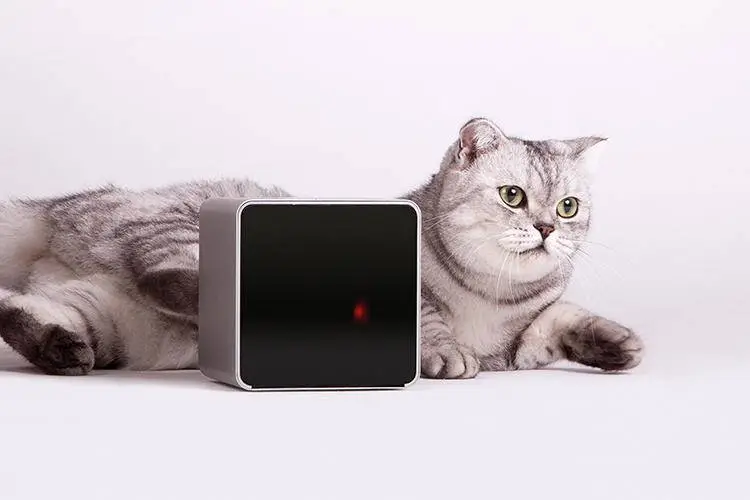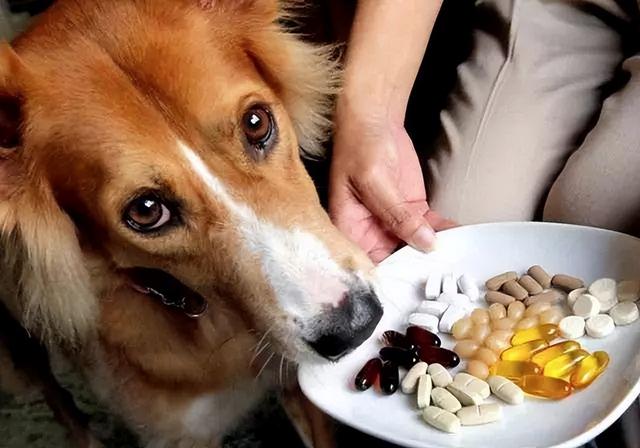Pet Health Monitoring: Signs of a Happy and Healthy Pet
As a pet owner, one of your primary responsibilities is to ensure the well-being of your furry companion. Regular health monitoring is key to ensuring that your pet is not only healthy but also content and thriving. In this article, we will explore the signs of a happy and healthy pet, helping you to provide the best possible care for your beloved animal friend.

Physical Health Signs
1. Healthy Weight
A pet at a healthy weight is active, with a visible waistline and the ability to feel their ribs without excess fat covering. Regularly monitor your pet’s weight and consult your veterinarian for guidance on a proper diet.
2. Shiny Coat
A shiny and well-groomed coat is a sign of good health. A pet with a dull, dry, or matted coat may have underlying health issues, so pay attention to changes in their fur.
3. Clear Eyes and Ears
Bright, clear eyes and clean ears without excessive wax or discharge are signs of well-being. If you notice redness, swelling, or discharge, consult your vet.
4. Strong Teeth and Gums
Healthy teeth and gums are crucial for your pet’s overall health. Regular dental care and clean teeth indicate good oral health. Bad breath and dental issues may signal dental problems or other health concerns.
Behavioral and Mental Health Signs
1. Playfulness
A happy pet is often playful and engaged in interactive activities. Regular playtime is essential for mental stimulation and physical exercise.
2. Contentment
Content pets exhibit a sense of ease and relaxation. They should not display constant signs of stress or anxiety. A relaxed body posture, purring (for cats), or a wagging tail (for dogs) are positive indicators.
3. Appetite and Hydration
A healthy pet has a good appetite and drinks water regularly. Changes in eating or drinking habits may indicate underlying health issues.
Regular Veterinary Check-Ups
Regular veterinary check-ups are crucial for monitoring your pet’s health. Annual wellness exams can detect early signs of illness and provide preventive care, such as vaccinations and parasite control.
Mental Stimulation
Engage your pet mentally by providing toys, puzzles, and interactive games. Mental stimulation is vital for preventing boredom and promoting mental health.
Exercise and Physical Activity
Pets need regular exercise to maintain a healthy weight and mental well-being. Ensure your pet gets appropriate physical activity based on their breed and age.
A Balanced Diet
Feed your pet a balanced and appropriate diet. Consult your veterinarian for guidance on the right food for your pet’s age, size, and health needs.
Conclusion
Monitoring your pet’s health and happiness is an essential part of responsible pet ownership. By observing physical health signs, paying attention to their behavior and mental well-being, scheduling regular vet check-ups, and providing a balanced lifestyle, you can ensure that your furry friend enjoys a long, happy, and healthy life. Always remember that your veterinarian is your best resource for guidance on your pet’s specific health needs.






